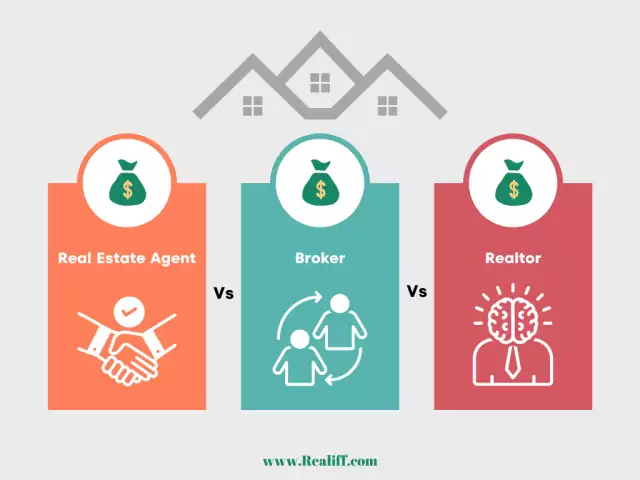What exactly is the distinction between commercial real estate and residential real estate?
What exactly is the distinction between commercial real estate and residential real estate?
Commercial real estate properties include office buildings, retail spaces, warehouses, and hotels, among others. These properties are used for business operations and generate income through rent or lease. They are typically owned by businesses or investors looking for a return on investment. Commercial properties are also often larger than residential properties, and are built to accommodate the specific needs of businesses such as parking, loading docks, and high-speed internet access.
Residential real estate properties, on the other hand, include single-family homes, townhouses, apartments and condos. These properties are used as a place of residence and are typically owned by individuals or families. Residential properties are typically smaller than commercial properties and are built to accommodate the specific needs of residents such as bedrooms, bathrooms, and kitchens. Residential properties may also have different zoning and building codes than commercial properties.
In short, Commercial real estate is used for business operations, generates income, and it is often owned by businesses or investors, while Residential real estate is used as a place of residence, and it is owned by individuals or families.
some examples of commercial real estate include:
- Office buildings: These properties are used to house the operations of businesses and organizations, and can range from small single-tenant buildings to large multi-tenant skyscrapers.
- Retail spaces: These properties are used for the purpose of selling goods and services, such as shopping centers, department stores, and strip malls.
- Warehouses: These properties are used for the storage and distribution of goods.
- Hotels: These properties are used for providing short-term accommodation to travelers.
Some examples of residential real estate include:
- Single-family homes: These properties are standalone houses that are typically owned by individuals or families.
- Townhouses: These properties are attached or semi-attached homes that are typically owned by individuals or families.
- Apartments: These properties are multi-unit buildings that are typically owned by landlords or management companies and rented out to tenants.
- Condos: These properties are similar to apartments, but are owned by individual residents rather than a landlord or management company.
It's worth noting that some properties can have a mix of both commercial and residential uses, such as a building with retail spaces on the ground floor and apartments on the upper floors.
Find more information about commercial real estate: https://realiff.com/post/tuKc5Cde3NPj/commercial-real-estate-meaning







